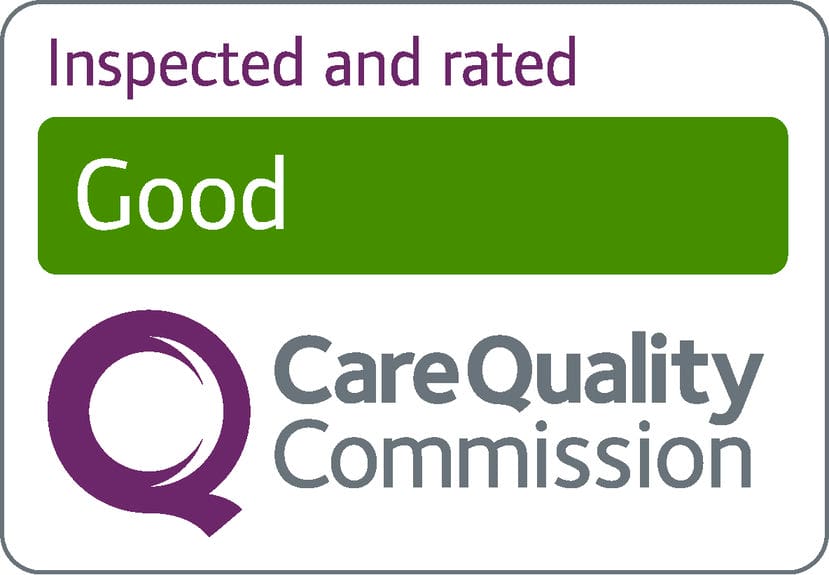One of the top enquiries we receive on a daily basis is about skin pigmentation treatments. So many of us suffer from skin pigmentation, which can be a distressing problem especially if you can’t cover or conceal it.
What causes pigmentation?
There are two main types of pigmentation issues; hyperpigmentation and hypopigmentation. Hyperpigmentation is the darkening of the skin and hypopigmentation is the loss of skin colour. The loss of skin colour can be triggered by a number of causes such as injury, genetic conditions and environmental conditions. Darkening of the skin can also be caused by a number of factors; scarring, exposure to sunlight and Addison’s disease can lead to skin darkening, as well as hormonal changes, such as pregnancy. Hormonal pigmentation is called Melasma and is incredibly common, Zion Market Research found that 50% to 75% of pregnant Americans and 80% of pregnant women in Mexico have melasma.
Can pigment be cured completely?
Where possible, prevention is far better than a cure. Daily sun cream with an SPF 30 or more is crucial as UVA rays (the ones that can contribute to skin cancer, premature skin ageing and pigmentation) are always present, even in winter when you’re unlikely to get burnt by UVB rays. Make sure that you don’t scrimp on the amount you apply and remember to reapply throughout the day.
There are some very effective treatments to improve hyperpigmentation; the type of treatment and how many sessions required very much depend on the cause of your pigmentation and what layer the pigmentation sits in your skin. Some pigmentation can be very deep whilst some can be very superficial. Your practitioner should be able to discuss the success rate of treatments based on their experience and the outcome of clinical studies but with all medicine, aesthetic medicine included, individuals respond differently to treatment so no one should make guarantees to you about how you will respond.
What is the best treatment for pigmentation?
This very much depends on the type of pigmentation you have. It’s always advisable to have a Visia scan with a professional so that you’re able to see how deep your pigmentation this can give some guidance on the type of treatment that is most suitable for you. Kerri, Clinic Manager of The Skin to Love Clinic, explains:
“One size doesn’t fit all when it comes to treating pigmentation and I would absolutely advise getting advice from a professional who understands the condition and the available treatments. Certain types of pigmentation, such as Melasma, should be treated very cautiously as some treatments can actually stimulate the condition to look worse. At the Clinic, we are lucky to have an armoury of treatments that can help to improve pigmentation including Obagi Nu-derm, Fraxel Dual, Byonik and Clear+Brilliant.”
3 Top tips
- Be cautious. Please be cautious when trying to treat pigmentation without professional guidance. Sadly, we have seen many patients seeking professional help after making their pigmentation worse and/or damaging their skin after ordering products from the internet or creating home-remedies.
- Have patience. This is the biggest thing to keep in mind when treating pigmentation. The likelihood is that your pigmentation took many years to form and reversing it can take time and there’s no over-night fix.
- Avoid the sun. This means wide-brimmed hats with UV protection, sitting in the shade rather than direct sunlight, high-factor physical SPF reapplied throughout the day and absolutely no sunbeds (fake tan all the way!). This advice is beneficial in more ways than one: melasma can resurface if stimulated by the sun; new sunspots can rise to the surface of your skin and existing sun damage can become worse if exposed to UV rays; UV rays are one of the key players in skin ageing so avoidance will keep you looking younger, for longer; avoiding harmful UV rays help to reduce your chances of skin cancer. If you are concerned about your vitamin D levels because of sun avoidance, please speak to your GP as there are other ways of topping up your levels without sun exposure.
If you have any concerns about pigmentation and would like to discuss further with one of our medical practitioners, please don’t hesitate to contact us for a consultation.
Disclaimer: This blog is not to be used for diagnostic purposes. We are all unique which means that our results, recovery and suitability for any type of treatment will vary. Always seek the advice of a professional should you have any health or cosmetic concerns or to discuss treatments specifically for you.





